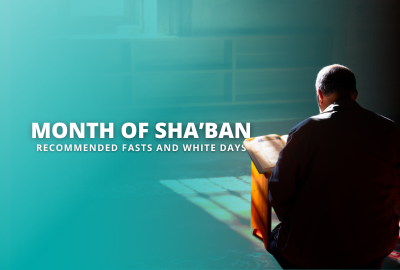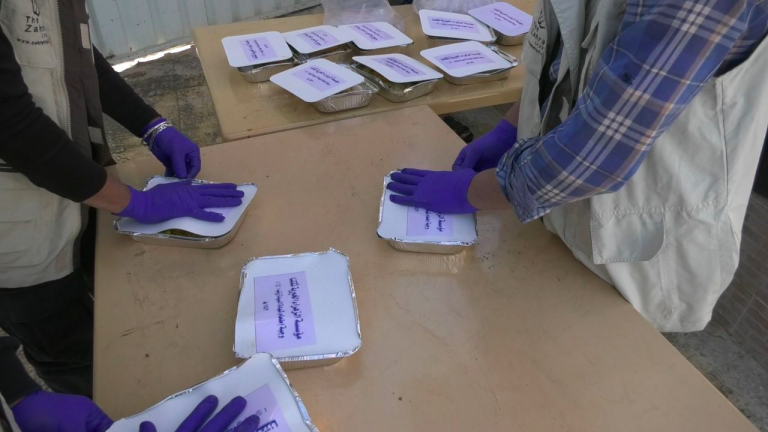Sha’ban: Month of Mercy and Blessings
Fasting is a highly recommended act in Islam with many benefits. The Holy Qur’an says, “O’ you who have Faith! Fasting is prescribed for you as it was prescribed for those before you, so that you may guard yourselves (against evil).” (Surah Al-Baqarah, verse 183).
While fasting is mandatory during the blessed month of Ramadan, it is also recommended (mustahab) on other days. For example, it is recommended to fast on the first and last Thursday of each month1.
There are rewards for fasting by your own choice. The Prophet (saww) is reported to have said, “He who fasts a single day of his own accord is rewarded to such an extent that even if he was to be given the whole world’s worth of gold for it, the reward he deserves would not be fulfilled until the Day of Resurrection.” (Maani al-Akhbar, p.409)
Fasting in Sha’ban
Ayatullah Sistani (ha) mentions in “Islamic Laws” that it is recommended to fast the whole month of Sha’ban if one can; if not, it is recommended to fast for at least one day.
The Holy Prophet (saww) is reported to have said, “Sha’ban is my month and the month of Ramadan is the month of Allah (swt). Whoever fasts one day in my month, I will intercede for him on the Day of Judgment; and whoever fasts two days in my month, all of their past sins will be forgiven.” (Al-Amaali by Shaykh Al-Saduq, p.19)
Fasting has been recommended on these days:
- The 1st of Sha’ban
- The 13th, 14th, and 15th of Sha’ban
- The last 3 days of Sha’ban
The First of Sha’ban
Imam Ja’far Al-Sadiq (as) has reportedly said, “Whoever fasts the first day of Sha’ban, it is obligated upon him to go to Paradise.” (Bihar al-Anwar, v.94).
This hadith shows that the reward for fasting on the first day of Sha’ban is immense. It also helps us prepare for the rest of the month with the various acts of worship (ibadah) that are recommended in Sha’ban, including Laylatul Bara’at.
The Thirteenth, Fourteenth, and Fifteenth of Sha’ban
The 13th, 14th, and 15th days of each lunar month are called “Al-Ayyam Al-Beed” (ٱلْأَيَّامُ ٱلْبِيضُ), which translates to “The White Days” or “The Luminous Days”, and the nights are called “Al-Layali Al-Beed” (اللَّيَالِي ٱلْبِيضْ), which translates to the “The White Nights” or “The Luminous Nights.”
Imam Ali (as) is reported to have said, “Fasting on the Luminous Days of every (lunar) month raises the stations and magnifies the rewards.” (Ghurar al-Hikam, n.5457).
The pinnacle for these is the 15th of Sha’ban. After we spend the night worshipping Allah (swt) and praying for Imam Mahdi (ajtfs) during Laylatul Bara’at (Shab-e-Baraat), the worship continues in the day by fasting.
The Last Three Days of Sha’ban
The reward for fasting the last three days of Sha’ban and connecting them to the fasts of Shahr Ramadan is that Allah (swt) will give you thawab for fasting for two months straight.
Imam Ali Al-Ridha (as) is reported to have said, “If one fasts during the last three days of Sha’ban in order to attach it to the obligatory fasting of Ramadan, Almighty Allah will determine that he has fasted for two consecutive months.” (Wasail Al-Shiah).
What if I have Qadha fasts?
Qadha fasts must be completed before one can perform the mustahab fasts. However, qadha fasts can be made up on these recommended days. Allah’s (swt) mercy and rewards are unlimited – if He (swt) wills, you will be rewarded for completing your qadha fasts during these recommended days.
There are many benefits and rewards for fasting in general, and particularly during recommended days. These recommended fasts ultimately help us gain Allah’s (swt) pleasure and get closer to Him (swt). These fasts during Sha’ban will also help us prepare for the blessed month of Ramadan so that we can maximize the bounties and blessings of Shahr Ramadan, where we are the guests of Allah (swt).










